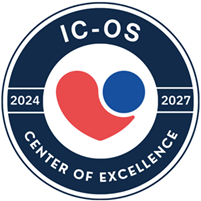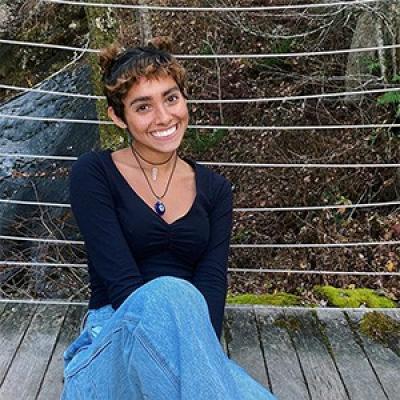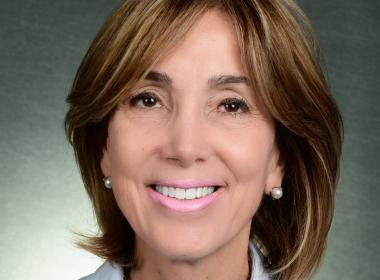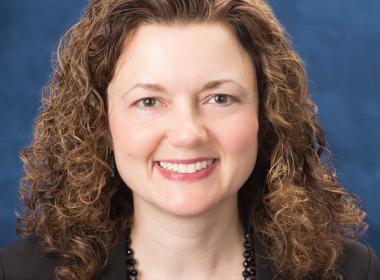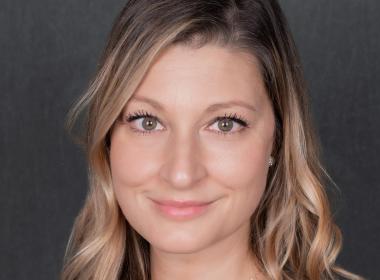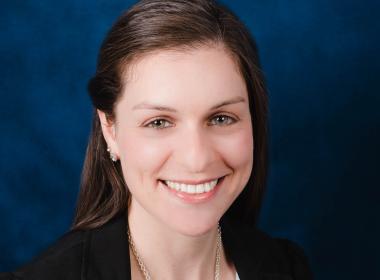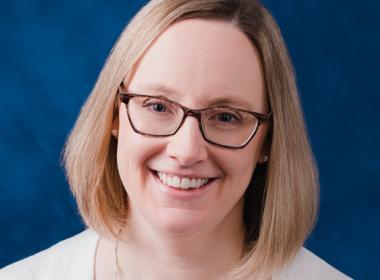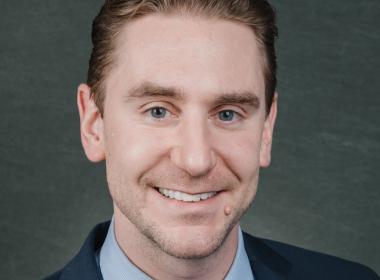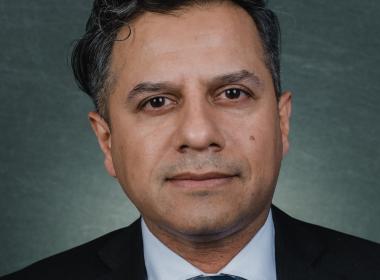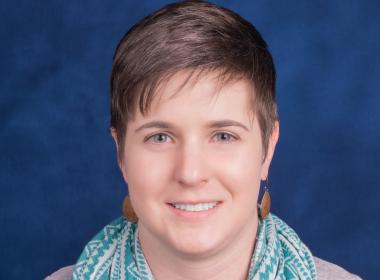Connecticut Children’s Center for Cardio-Oncology Health and Innovation for Cancer Survivors (CHICS) instantiates a vibrant collaboration between our Center for Cancer & Blood Disorders, the Division of Diabetes & Endocrinology, Physical Therapy, Nutrition, and Health Systems Engineering, with the mission to detect and prevent heart damage in patients who have received cancer treatments that can be toxic to the heart.
What Is Cardio-Oncology?
Cardio-oncology is an emerging science and practice of the detection and management of cancer treatment-induced cardiac dysfunction, termed cardiotoxicity. Pediatric heart damage is an unfortunate byproduct of successful cancer therapy experienced by 50%+ of patients. As a result, childhood cancer survivors often experience long-term cardiovascular complications from cancer therapy, with a higher lifetime risk of heart failure.
Connecticut Children’s Cardio-Oncology Clinic actively monitors cancer survivors for the earliest signs of heart damage, even before there are symptoms. Treatment at these early stages can halt, and even reverse, heart damage. Because heart complications can appear any time during/after cancer treatment, we advise survivors to keep their heart healthy through regular exercise, a heart-healthy diet, attending regular appointments, and completing surveillance tests.
Why Is Cardio-Oncology Important?
Advances in cancer therapy have led to significantly longer cancer-free survival times over the last 40 years. Improved survivorship has highlighted the impact of cardiovascular disease in the pediatric cancer population, coupled with increasing recognition of the adverse cardiovascular effects of novel cancer therapies. We offer dedicated cardio-oncology services that span 1) pre-treatment risk stratification, 2) surveillance, 3) diagnosis, 4) monitoring of cardiotoxicity during cancer therapies, and 5) late effects screening following completion of treatment.
Cardio-oncology Center of Excellence
The Cardio-oncology team at Connecticut Children's has been recognized by the International Cardio-Oncology Society (IC-OS) as a Gold level Center of Excellence. The IC-OS Center of Excellence certification recognized those institutions and practices that have demonstrated superior expertise in the care and treatment of patients within the cardio-oncology sphere. The Center of Excellence certification provides a quality metrics framework that supports each cardio-oncology program's development, growth, and clinical impact.

